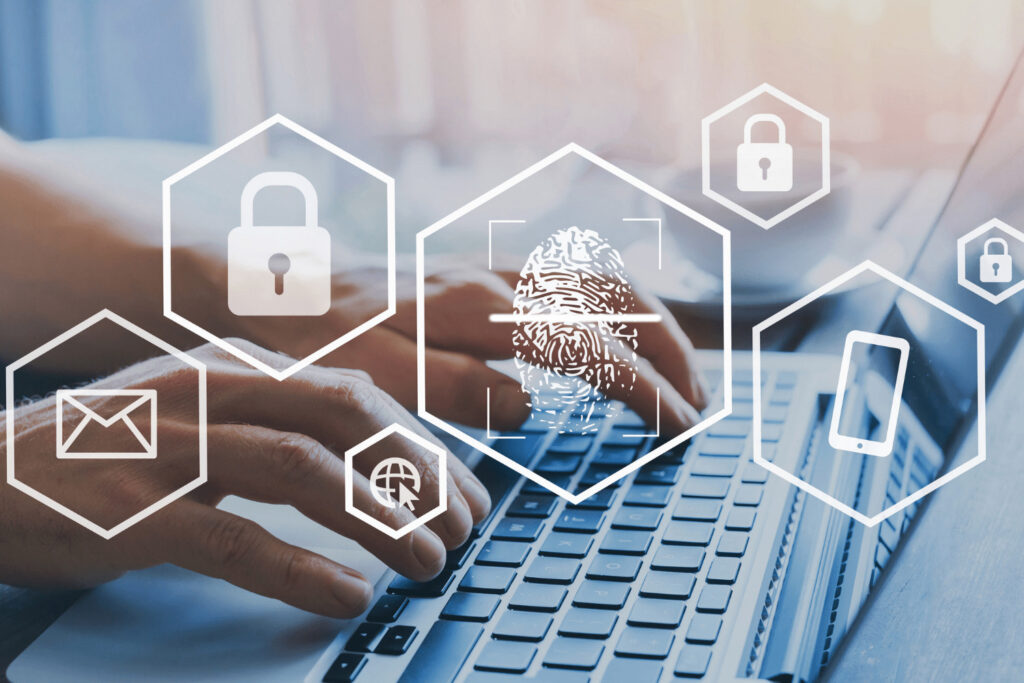Passwords are part of the fabric of our lives. Every day, we enter our own personal combination of characters to access everything from emails, bank accounts and files to shopping, insurance and travel. Most of us are comfortable doing this and confident it will keep us protected – as long as we stay vigilant and remember to update our details from time to time.
However, unfortunately passwords are not as safe as you might think. Without additional security alongside them, they will not provide proper protection from cybercriminals.
Back in 2017, Google confirmed that hackers steal almost 250,000 web logins each week – and that number is likely to be even higher now. Breaches like this are not just inconvenient, they’re highly dangerous for both the individuals whose identities are compromised, and the businesses serving them.
Typically, when we are told about the importance of staying safe online, we tend to think it’s to protect our financial affairs. However, data breaches go far further and can impact our lives in all sorts of ways. For example, the healthcare sector is a common target for hackers who can alter patients’ medical records to gain money fraudulently from providers and insurers. It’s big business, and a big problem.
More recently, the global pandemic has accelerated the evolution to remote and hybrid working, which has increased these risks and left many organisations under-prepared to safeguard their disparate employees. The number of cybercrimes reported to the FBI quadrupled during the pandemic, and the same pattern was true across all industry sectors.
Successful hackers can cause mayhem quickly once they gain access to data and systems. They install malware, steal sensitive information and disrupt operations. Dealing with this can be painful – and extremely costly. IBM has confirmed that it takes 275 days on average to contain a data breach. That equates to some nine months without regular ‘business as usual’ resources. Ultimately, resolving all disruption can take as long as three years.
As such, businesses are making it a priority to address these risks – and more than 55% of enterprises have turned to Multifactor Authentication (MFA) to enhance their security.
What is Multifactor Authentication (MFA)?
Multifactor Authentication is a security measure that requires an individual to verify their identity in two or more ways before they can access resources like online accounts or a company VPN. Typically, these options ask for details about the person’s possessions, things that only they know (passwords or PINs) or unique biometric data such as fingerprints and voice recognition.
63% of data breaches can be traced to weak or reused passwords, so by adding an extra layer of authentication, Multifactor Authentication mitigates this from happening. MFA can also prevent more than 95% of bulk phishing attempts and over 75% of targeted attacks.
If you haven’t considered MFA yet, it’s time to start.
Why MFA is the only way
MFA is an attractive option because it’s easy to implement and makes it much harder for the average criminal to steal sensitive information. For remote workers using unsecured home or public networks, MFA safeguards their credentials and minimises the chance of hackers breaching their systems. And it’s remarkably effective. Microsoft confirms that MFA blocks nearly all attempted account hack attempts. This one tiny fact could enhance your corporate security across the board.
Why should I use MFA?
Here are three reasons you should start using MFA to protect your business, right now.
1 – It strengthens employee authentication controls
Because MFA only grants access when several conditions are satisfied, it mitigates the risk of a breach happening when someone’s password is compromised. In short, it adds another vital layer of security to keep persistent hackers at bay for longer, thereby avoiding potentially damaging attacks. Plus, because it uses personal devices or biometric data like fingerprints, it’s much harder for hackers to fake.
2 – It adapts to your evolving workplace
As organisations change and employees perform their roles in increasingly varied and disparate locations, MFA is an ideal solution to keep their sensitive data safe wherever they go. Adaptive MFA goes one step further, to accurately predict a person’s potential risk factor when they ask to access resources by assessing their device, location or other contextual details.
3 – It keeps you secure without affecting your digital experience
Passwords are essential to digital life – but they can be a pain. These days, they demand complicated combinations of upper- and lower-case letters, numerals, symbols and so on. The more different passwords we create, the less we’re likely to remember them all. In the end, the temptation is to take a ‘one-password-fits-all’ approach, which exposes our vulnerabilities.
MFA gets round this by giving you a platform to secure your corporate environment and every individual and device inside it. No time-consuming maintenance or constant resets. All of which frees up your IT team to work on other important priorities.
Here to help you stay protected
Transparity has the expertise and industry experience to put MFA to work for your business and ensure you stay even more secure. Our advanced threat intelligence and Managed Security Service have been specially developed to optimise our customers’ protection while also future proofing against emerging risks.
Contact us to arrange a free threat and vulnerability assessment to understand your current security posture – and how MFA can benefit you.



